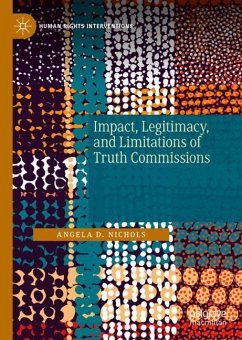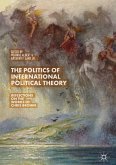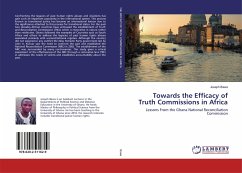This book develops a theoretical understanding of how truth commissions achieve legitimacy and contribute to peace and stability. Angela D. Nichols argues that truth commissions are most likely to impact society when they possess certain institutional characteristics-characteristics that send important political signals to the state and broader society alike. If these signals suggest greater degrees of authority, a break with the past, and transparency in both its investigations and its findings, the truth commission is more likely to impact society. In particular, Nichols examines whether or not states that adopt truth commissions with these characteristics are more likely to respect human rights and experience lower levels of violence. She concludes with an analysis of Colombia's newly established Truth, Coexistence, and Non-Recurrence Commission.








